Right of Reply
Understanding Postmodern Conservatism: A Reply To Aaron Hanlon
Professor Hanlon argues that, far from independently causing Trump, many postmodern theorists can actually help us understand the rise of Trumpism.
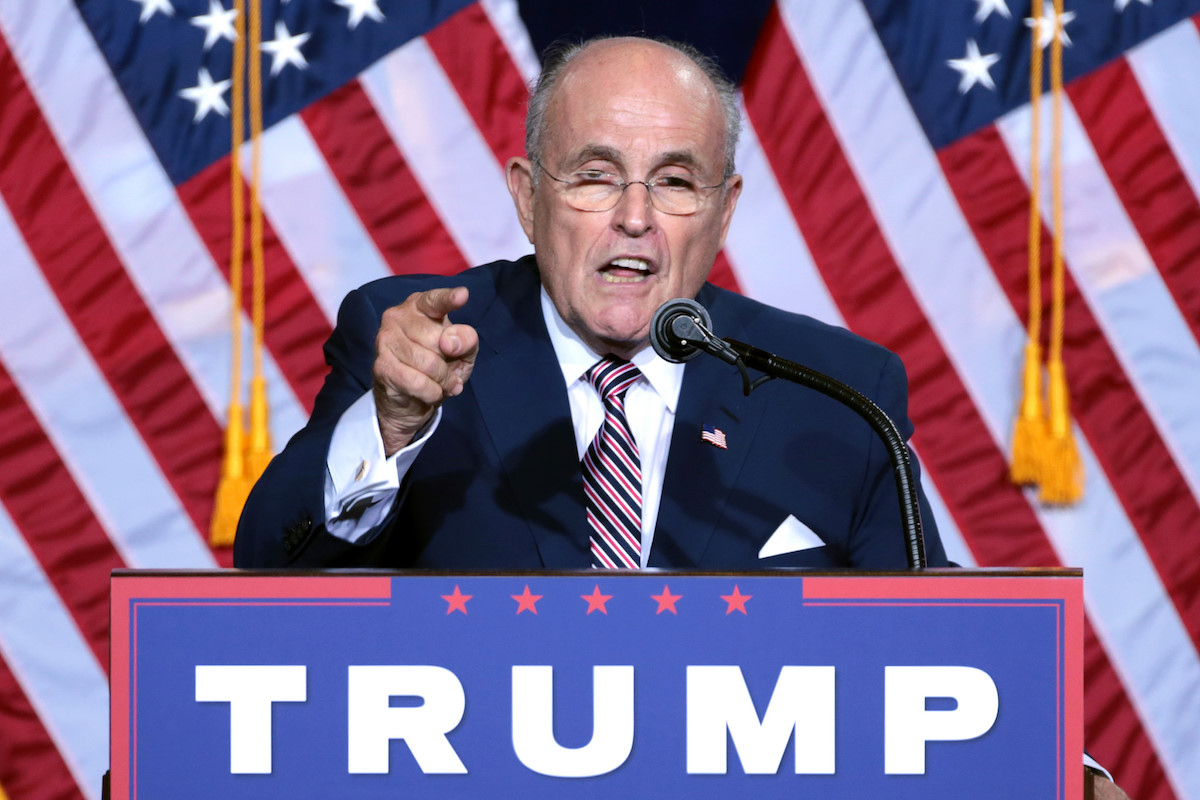
“Truth is Not Truth”
~Rudy Giuliani, Meet the Press, August 20, 2018
On August 31, the Washington Post published an interesting opinion pieceentitled “Postmodernism Didn’t Cause Trump. It Explains Him” by Professor Aaron Hanlon, an Assistant Professor of English at Colby College. In his article, Professor Hanlon referred to my May 17 article for Quillette, “The Rise and Emergence of Postmodern Conservatism” as an example of a prominent tendency on to “blame” postmodernism for the rise of Trumpism. Hanlon describes this tendency at length midway through the article. I will quote him in full to avoid misrepresenting his position:
Today, critics on both Left and Right are happy to wave their fingers at postmodern theory, so long as they can blame it for the Trump electorate’s unprecedented disregard for the truth. In Quillette—an online magazine obsessed with the evils of ‘critical theory’ and postmodernism—Matt McManus reflects on “The Emergence and Rise of Postmodern Conservatism.” From the Right, David Ernst contends that “Trump Is The First President To Turn Postmodernism Against Itself .” And from the Left, Kakutani recently wrote in the Guardian: “Relativism has been ascendant since the culture wars began in the 1960s. Back then, it was embraced by the New Left, who were eager to expose the biases of Western, bourgeois, male-dominated thinking; and by academics promoting the gospel of postmodernism, which argued that there are no universal truths, only smaller personal truths—perceptions shaped by the cultural and social forces of one’s day. Since then, relativistic arguments have been hijacked by the populist Right.
Unnecessary jabs at Quillette aside, Professor Hanlon goes on to make some reasonable arguments in the remainder of his essay. He observes that critics of postmodernism often interpret it as a monolithic “Gospel” rather than as a “contested set of assertions by many different people from several disciplines.” He then goes on to claim that those, like myself, who apparently want to “blame” postmodern theory for the emergence of Trumpism fail to demonstrate a clear “causal link” between the two. Professor Hanlon argues that, far from independently causing Trump, many postmodern theorists can actually help us understand the rise of Trumpism. In particular, he refers to the media theorist Jean Baudrillard, who, Hanlon argues (correctly, I think), provides useful theoretical tools for developing such a causal description.
…it’s clear that the real enemy of truth is not postmodernism but propaganda, the active distortion of truth for political purposes. Trumpism practices this form of distortion on a daily basis. The postmodernist theorists we vilify did not cause this; they’ve actually given us a framework to understand precisely how falsehood can masquerade as truth.
I believe that Hanlon has misinterpreted my earlier article. He implies that I blame postmodern academic discourse for the emergence of Trumpism—what I call ‘postmodern conservatism.’ But this is incorrect and, in fact, our positions are far closer together than he seems to realize. Firstly, I agree that it is important not to rush into blaming postmodern theory for the emergence of Trumpism. This would be granting far too much influence to an academic discourse. Secondly, I also agree that some postmodern theorists are indeed helpful when trying to understand the current political and cultural climate. As I will elaborate below, this is particularly true of those theorists who understand postmodernism as a culture. These authors can be distinguished from those adopt postmodern philosophical positions. While I disagree with the positions of postmodern philosophy, I do tend to admire theorists who understand postmodernism as a culture to be described and the limitations of which need to be overcome. I also think they can help us to understand the rise of postmodern conservatism, whether in its Trumpist or any other guise.
Unfortunately, Professor Hanlon is not the first to misinterpret my arguments about postmodern conservatism and other variants of far-Right discourse. However, he is the first left-wing critic to misinterpret my argument. Given this milestone, I thought it would be an ideal opportunity to restate the basic tenets of my argument to clarify certain misconceptions.
The Ideological Roots of Postmodern Conservatism
I agree with Professor Hanlon that there is no causal link between the academic prominence of postmodern theory and the emergence of Trumpist postmodern conservatism. This is because I believe the ideological roots postmodern conservatism stretch further into the past. Analyzing these roots can help us understand why certain strands of conservative thinking were amenable to a postmodern mutation given the right social and cultural conditions.
It is important to stress from the outset that I do not believe that all or even most individuals who situate themselves on the right end of the political spectrum can be classified as postmodern conservatives. Conservatism, like all such labels, is an amorphous term that is often applied to a broad range of different and even contradictory political positions. In American political culture alone, neoliberal secularists, traditionalist Christians, global interventionists, and proud isolationists have all been branded conservatives at different times. And, indeed, many contemporary conservatives have reacted forcefully against the emergence of postmodern conservatism. They include Bill Kristol, David Frum, and of course the recently deceased John McCain. They also include intellectuals such as the Roman Catholic Patrick Deneen, author of the provocative Why Liberalism Failed, and Roger Scruton, perhaps the most well-known conservative academic. Each of these individuals has argued that the emergence of postmodern conservatism constitutes an undesirable shift away from what conservatism has been and should be.
That having been said, I do not believe postmodern conservatism emerged in a historical or ideological vacuum. It is not just the product of contemporary postmodern culture, which provided the necessary but not sufficient conditions for postmodern conservatism’s emergence. Rather, certain strands of conservative thinking that—while not in themselves postmodern—have nevertheless recently mutated into postmodern form. The two most prominent of these are Burkean historicism and De Maistrean irrationalism.
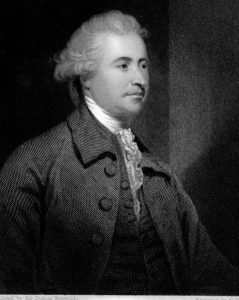
While Edmund Burke was not a postmodern theorist himself, it is impossible to deny the parallels between his thinking and postmodernism. Following Leo Strauss’s interpretation, I maintain that Burke’s primary importance lies in his argument that moral values are not the product of individual reasoning or Enlightenment science. Indeed, Burke seemed to argue that truth claims about universal moral values discovered or constructed through reason are doomed to fail. Instead, he claimed that particular values emerged as a historical consequence of specific communal identities developing unique traditions and cultural practices. These identities were entitled to maintain these unique traditions and practices without interference by rationalistic interlopers. As Ian Shapiro explains in The Moral Foundations of Politics, Burke was a critic of the Enlightenment who criticized abstract scientific systems in defense of a conservative ‘outlook’ which stressed the importance of particular identities and the moral relativity of values. This would have an important impact on subsequent conservative thought in the work of critics like Michael Oakeshott, Robert Bork, and Roger Scruton. Today, Burkean historicism has mutated into the postmodern conservative appeal to traditional identity as the locus of both descriptive truth claims about the world, and moral truth claims about values.
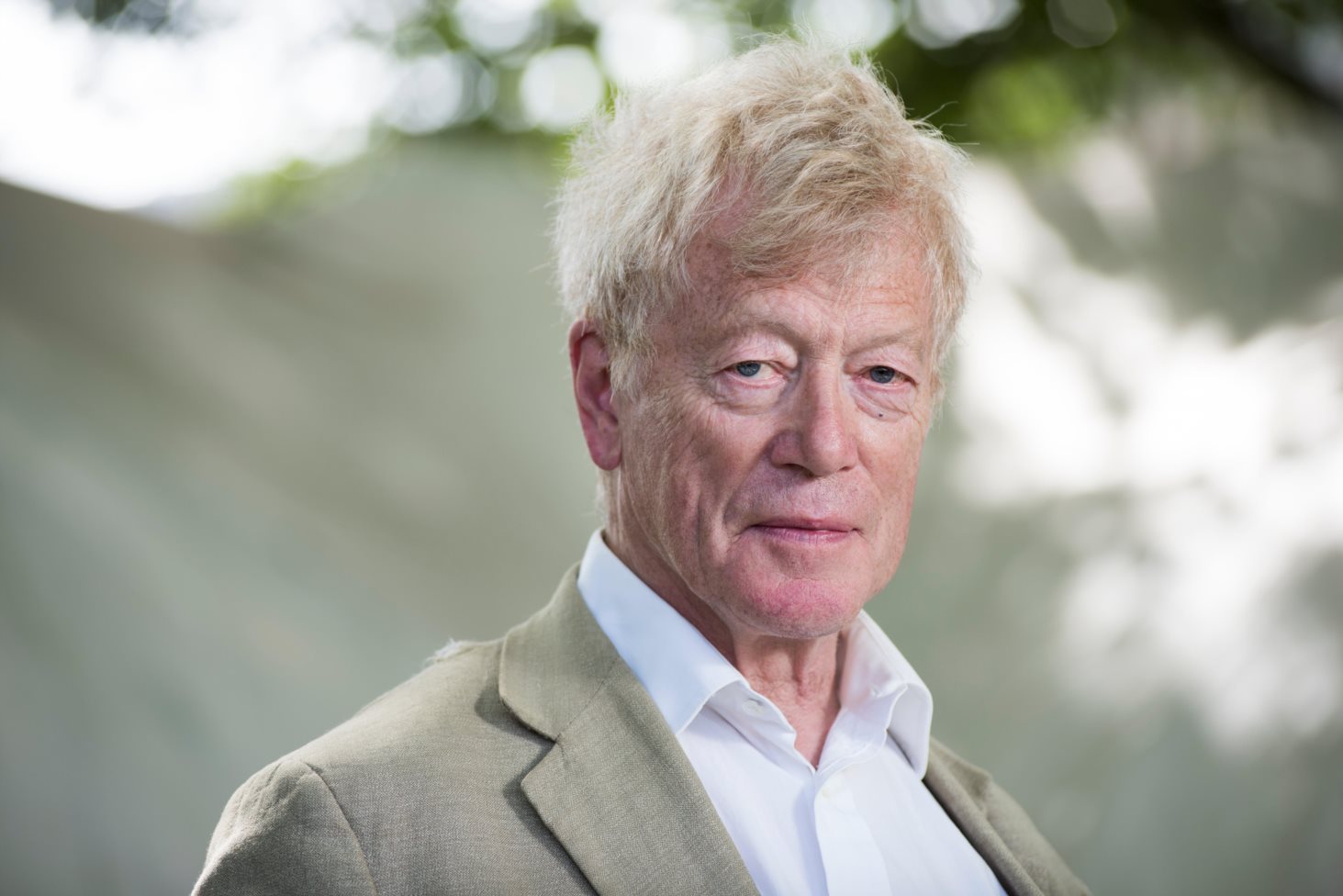
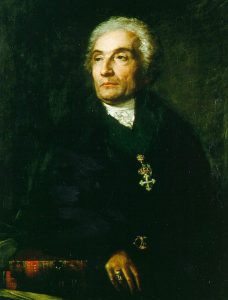
Joseph de Maistre was another, and even more radical critic of the Enlightenment. Born in the Duchy of Savoy in 1753, de Maistre initially flirted with a very tempered liberalism before becoming an enthusiastic reactionary. He argued that the growing influence of the Enlightenment, particularly its emphasis on the power of individual reason, would have a disastrous effect on communal stability and the political capacity of governments to maintain order. The Enlightenment enabled each individual to openly question the rational basis of political and social authority. As a result, it generated instability and broke up the homogeneity of traditionally well-ordered communities and their affiliated values. To counter the dangers of the Enlightenment, de Maistre argued that reason should be superseded by faith in traditional authorities, and ultimately in God. While such an argument might seem eccentric now, de Maistre’s irrationalist commitment to tradition, authority, and community established a durable precedent in conservative thinking. It would later bear dark fruit in the anti-Enlightenment projects of thinkers like George Sorel, Carl Schmitt, and others. Similar irrationalist claims are now invoked by many postmodern conservatives to justify their rejection of rationalistic arguments which destabilize their worldview.
What this brief analysis is meant to demonstrate is that, far from contending that contemporary postmodern academic discourse caused postmodern conservatism, I have argued that there was always the potential for certain strands of conservative thinking to mutate into postmodern form. These latent strands of conservative thinking were merely awaiting the right social and cultural conditions for this mutation to take place. They developed and flowered with the emergence of what, following Fredric Jameson, I call postmodern culture.
What is Postmodern Culture?
As I have already indicated, Professor Hanlon devoted a significant section of his article to the claim that postmodern theorists can help us understand the emergence of Trumpism. I believe he is correct, though his Washington Post article only provides a single example of a postmodern theorist who is useful in this regard: Jean Baudrillard. In this section, I will provide a more systematic discussion of which postmodern theorists might be useful.
As I argued above, and in my previous Quillette article on the topic, it is helpful to divide postmodern theorists into two categories: postmodern philosophers and theorists of postmodern culture.
Postmodern philosophers include authors such as Jacques Derrida, Michel Foucault, Gayatri Spivak, and—during certain periods—Richard Rorty. They are the latest iteration of a long history of philosophical skeptics, going back to at least the Sophists discussed in Plato’s dialogues. Like all skeptics, postmodern philosophers challenge the claim that human reason can give us certainty; whether descriptive certainty about how the world is, or moral certainty about which values should orient our actions. While they tended to draw more radical political conclusions than Burke or de Maistre, the postmodern philosophers shared with Burkean historicists and de Maistrean irrationalists a belief that human beings are embedded in contingent historical contexts. These contexts invariably frame our answers to descriptive and moral questions, and the postmodernists held that there is no getting past them using reason alone. Personally, I find this skepticism wrong-headed for a number of epistemological reasons which I will not discuss here. Needless to say, I think it is important to confront these skeptical philosophical positions to uphold the priority of reason over prevailing belief.
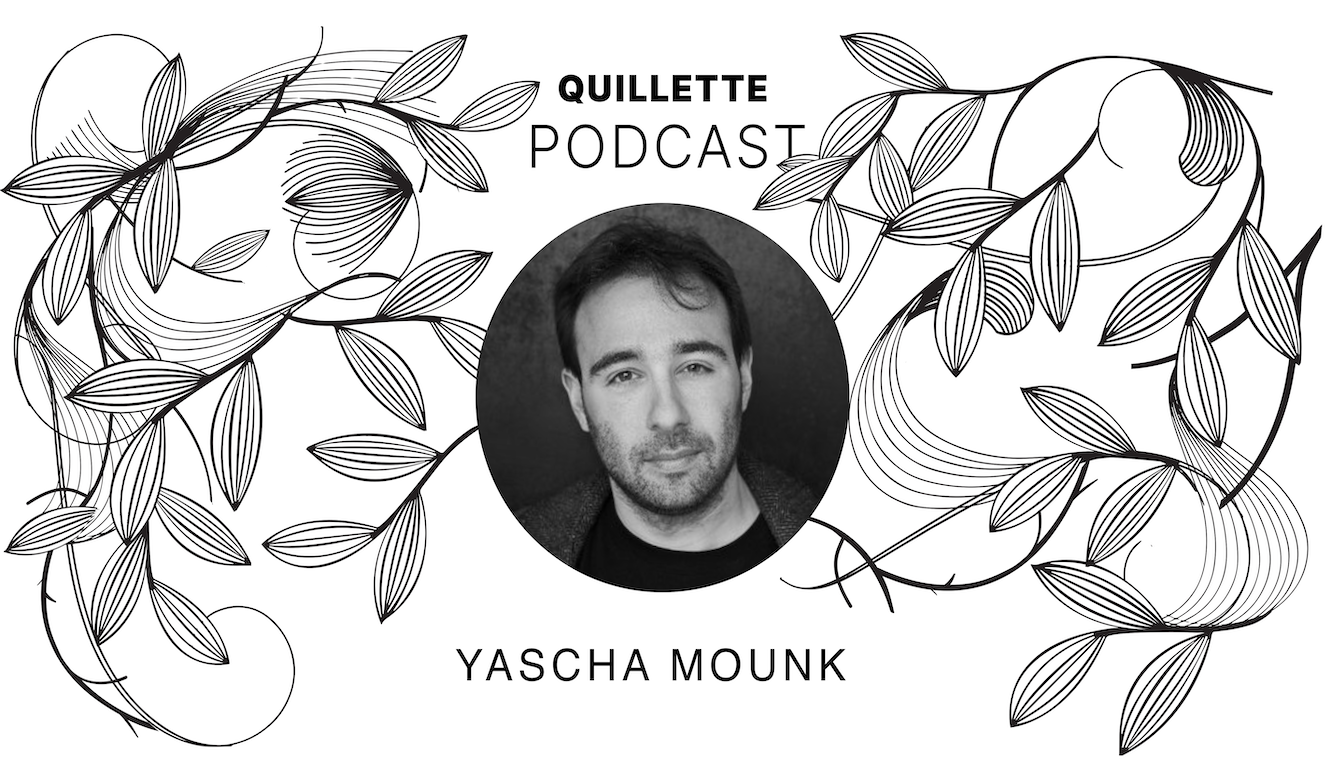
Theorists of postmodern culture take a different, and I believe far more interesting, approach to postmodernism. Like Professor Hanlon, I think there is a great deal they can teach us about why variants of postmodern conservatism such as Trumpism emerged. Theorists of postmodern culture include authors from across the ideological spectrum: liberals like Neil Postman, social democrats like Jürgen Habermas, Marxists like David Harvey and Fredric Jameson, media theorists like Jean Baudrillard, and of course conservatives such as Allan Bloom and Patrick Deneen. They argue that the emergence of postmodern skepticism indicates a broader cultural shift within developed societies. What Jameson calls ‘postmodern culture’ is characterized by growing social skepticism about the stability of truth claims in general, but particularly truth claims related to identity and values.
Why this cultural shift occurred is a matter of considerable debate amongst theorists of postmodern culture. For some, like Postman and Baudrillard, the emergence of new media is primarily to blame. As we increasingly spend our time interacting through digital, televisual, and other technological mediums, we have lost our sense of identity and our related ability to evaluate truth claims critically about how the world is and how we should act. Take television, for example. Postman argues that where we used to evaluate politics through extended engagement with the complex and nuanced arguments with books, we now primarily engage with politics through biased news outlets. Competition for increasingly shortened attention spans encourages these news outlets to simplify information, and give it as virulent a partisan bent as possible. For Postman especially, this also destabilized our sense of identity. In our postmodern media saturated culture we increasingly define our political positions through the lens of partisan hyperbole, gutting our ability to see ourselves as members of a community of rational individuals, many of whom may believe truth claims which contradict our own but which are reasonable positions, nonetheless. For other authors, notably Deneen on the Right and Habermas on the Left, postmodern culture emerged because we have become increasingly disconnected from one another; both as individual citizens, and from the collective public sphere where truth claims about the world and values were once discussed and evaluated. And so the explanations go on.
Conclusion: How Postmodern Conservatism Emerged
These theorists of postmodern culture are vital to understanding how postmodern conservatism was able to emerge. Contra Professor Hanlon’s contention, I do not claim that postmodern academic discourse prompted the rise of Trumpism. Rather, it is under the conditions of postmodern culture that the strands of conservatism discussed earlier could mutate into their current postmodern form.
Postmodern culture has produced many different political reactions. Most of these can be interpreted as consequences of postmodern culture’s tendency to destabilize our sense of identity and moral values. On the Left, postmodern culture has produced the well-known and much-critiqued identity politics movements. These groups see the destabilization of identity and values as an opportunity to establish a new kind of pluralistic society where traditionally ‘marginalized’ groups are given a greater say. These postmodern leftists invoke these marginalized identities and their affiliated values in order to push for great political inclusion and power. For liberal centrists, the reaction to postmodern culture has been more mixed. For some, like Richard Rorty, the destabilization produced by postmodern culture provides an opportunity for a more ambitious social dialogue about the kind of liberal polities we would like to create together. For more right-wing liberals, like Jordan Peterson, this same destabilization should be criticized for leading individuals to embrace cynical social withdrawal on the one hand, and group conformity on the other.
Finally, we get to postmodern conservatives. They have reacted to the instability produced by postmodern culture by turning to traditionally powerful identities and their affiliated values as a source of meaning and stability in an increasingly rudderless world. The identities and values with which they are affiliated vary considerably, depending on the individual postmodern conservative. They may well contradict or overlap in different ways. But what is common to all postmodern conservatives is the claim that these traditionally powerful identities and values have been destabilized and dethroned by various antagonists. Whether it is the national identity of the everyday American being undercut by immigrants and their allies amongst the cultural elites, the religious identity of devout Christians being challenged by secularists and those who identify with other faith traditions, Western ethnicities being undermined by globalists and cosmopolitans, or indeed all of the above, the postmodern conservative always connotes the antagonistic relationships in a similar manner.
The perceived antagonisms emphasized by postmodern conservatives emerge as a result of misplaced anger about the transformations engendered by postmodern culture. The postmodern conservative misdirects his or her anxiety about destabilized identity against a readily available antagonist because this is ideologically simpler than analyzing and shifting the conditions of postmodern culture. This is the tragic dimension to all these developments. In the long run, the policies directed against the postmodern conservative’s perceived antagonists will not ameliorate the conditions which produced this anger in the first place. This is why, as Professor Hanlon points out, it is so important to understand them better.






